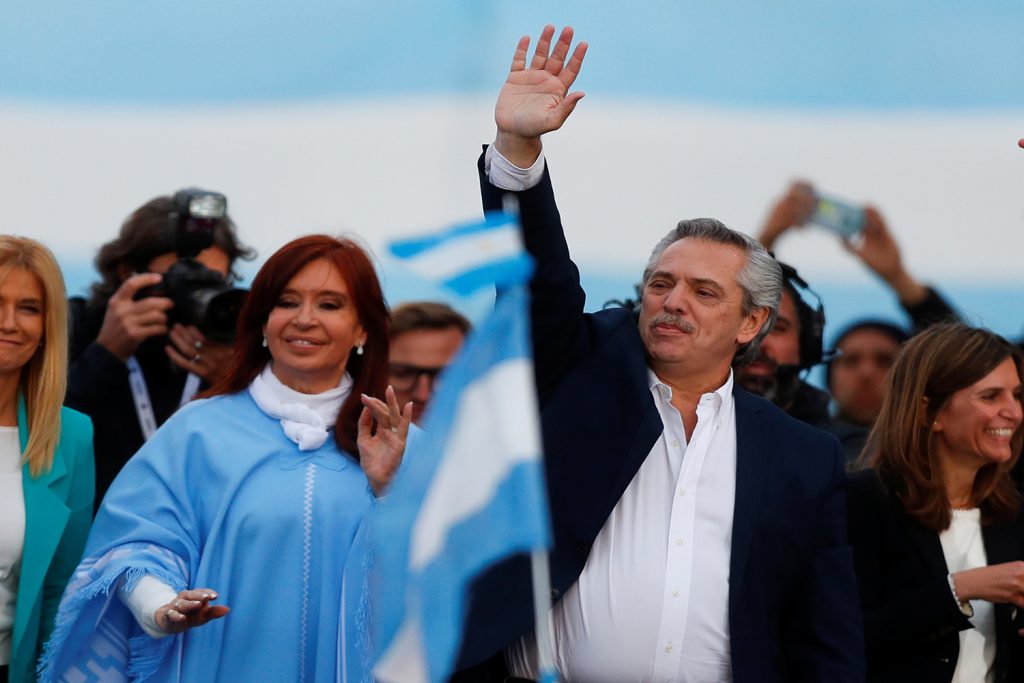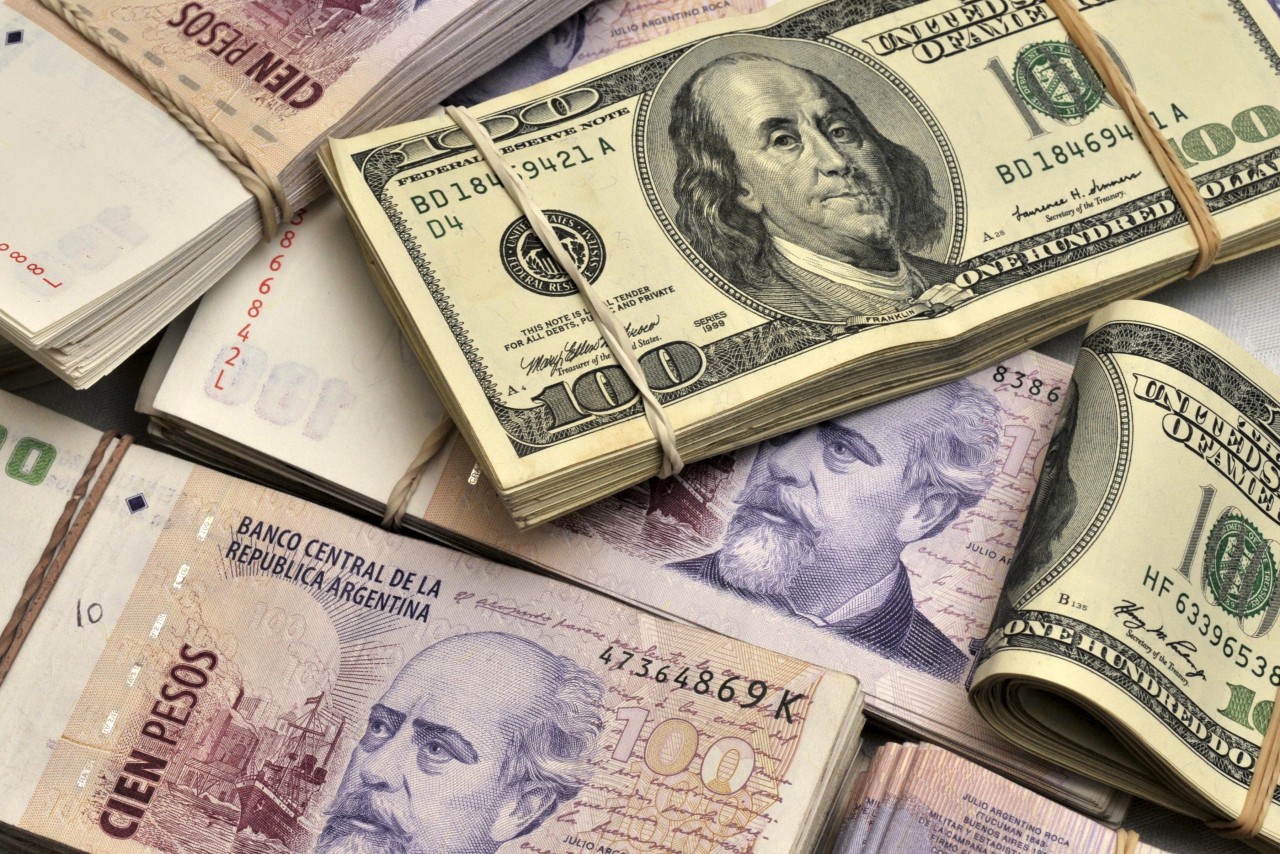RIO DE JANEIRO, BRAZIL – The new government of Argentina finalized on Monday a package of measures of “economic, social and health emergency” to tackle the country’s profound crisis, suspending payments temporarily. The measures, quite numerous, range from tax increases to aid for small businesses and compulsory vaccination programs.

Traveling overseas and buying products abroad will be much more expensive in order to protect Argentina’s meager dollar reserves. President Alberto Fernández hopes that Congress, which the government has called on to approve “special powers” to renegotiate the debt, will pass the package yet this week.
Buenos Aires’ ministries are working against the clock. Peronism has known since August, when it won the primaries by a large margin, that it would win the October 27th elections, but that time does not seem to have been enough to prepare for the emergency measures.
Cabinet Chief (equivalent to a Prime Minister) Santiago Cafiero explained on Sunday to Clarín newspaper that it was still “difficult to know some matters,” such as the state of the fiscal deficit, which Mauricio Macri’s previous government estimated at 0.5 percent and which, according to Cafiero, is higher.
The first measure was published on Saturday as a decree and affected agricultural exports, Argentina’s main instrument for obtaining foreign currency. The tax system established by Macri, which retained four pesos per dollar exported, was canceled and instead a fixed percentage of nine percent for each dollar became effective.
In the case of soybeans, the most competitive product in international markets, nine percent is added to the existing 18 percent, so that the total retained will be 27 percent. The rural organizations protested and threatened with mobilizations, not yet materialized, because they are awaiting a meeting with the Government. Cafiero explained that this was not so much an increase in the tax burden as an update after the strong devaluation of the peso, and insisted on the need for all sectors to make a “solidarity effort”.
Among the measures proposed to protect foreign exchange reserves was a 30 percent surcharge on credit card purchases abroad. In practice, this means an extraordinary tax on travel abroad (the charge also applies to the purchase of travel and lodging).
In addition to raising additional funds and reversing a tourism deficit (almost US$5 billion in red, approximately R$20 billion), the measure aims to promote domestic tourism, which generates plentiful temporary employment.

The Government is also negotiating with the provinces the suspension of the “fiscal consensus” established in 2017 with Macri, which implied a progressive reduction of local taxes. And an increase in the tax on personal property is also expected, so far set at a rate between 0.25 and 0.75 percent for assets above two million pesos (approximately R$133,000), with a special surcharge on goods abroad.
The personal property tax was established in 1991 as a strictly temporary measure, but no government has abolished it.
As far as companies are concerned, a special tax will be applied to those withdrawing in cash, but there will be deductions for those who improve the salary of employees and small companies will be allowed to defer the return of credits.
As part of the package of measures, the government will call on Congress to grant extraordinary powers to renegotiate the debt contracted with the International Monetary Fund (US$44 billion, about R$177 billion) and with private bondholders in dollars and pesos. The immediate goal is to achieve a payment moratorium and establish a debt repayment schedule for the next 20 years.
Alberto Fernández’s government is also calling for extraordinary powers to “rebuild the tariff structure” and soften, at least partially, the increases of up to 1,600 percent passed by the previous government on charges for services such as water, electricity, and transport. This would mean broadening subsidies for the price of public services.
People on lower pensions would have guaranteed automatic VAT refunds and an adjustment over the next six months.
The food emergency, declared in recent weeks by Macri’s government, will now be compounded by a health emergency declaration, designed to launch mandatory vaccination programs (cases of diseases such as measles are increasing) and to expand a system of cooperative medical centers.
Source: El País

